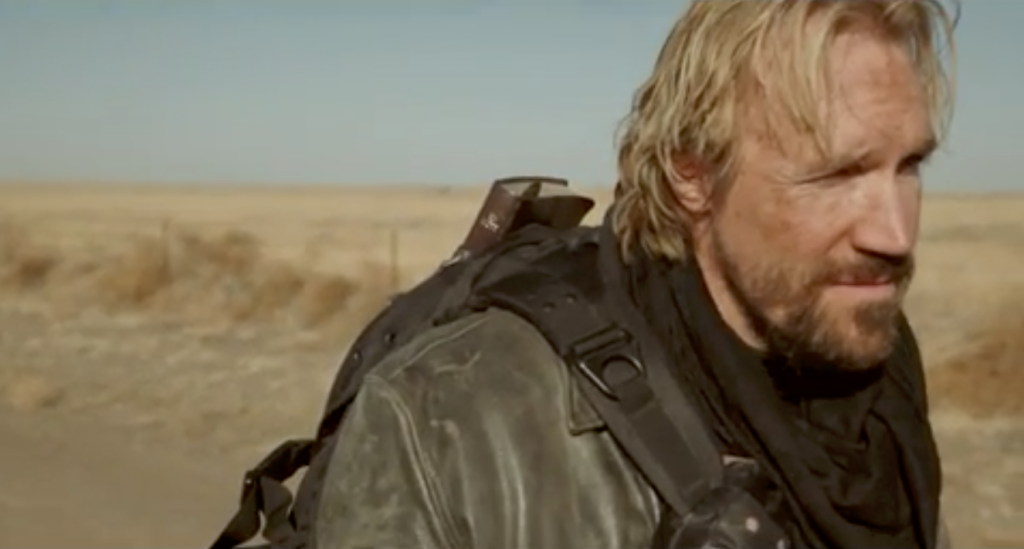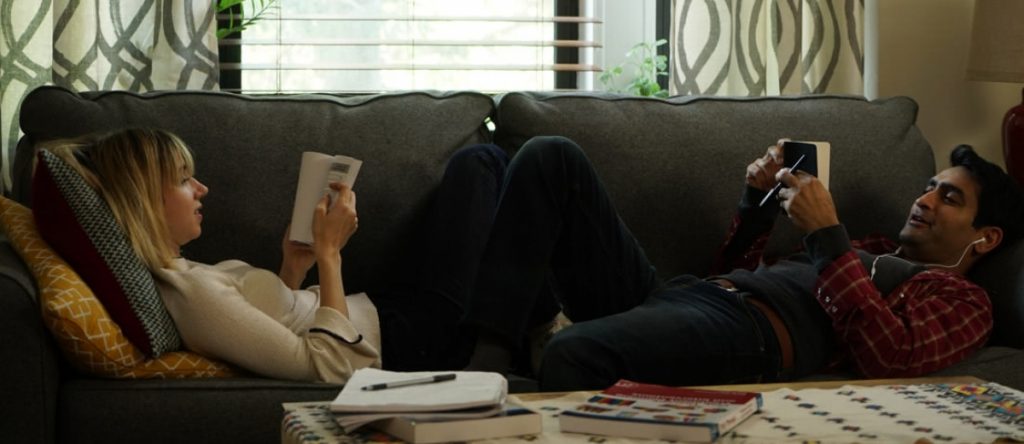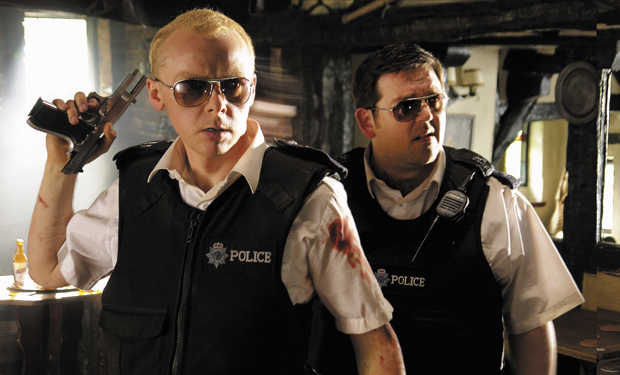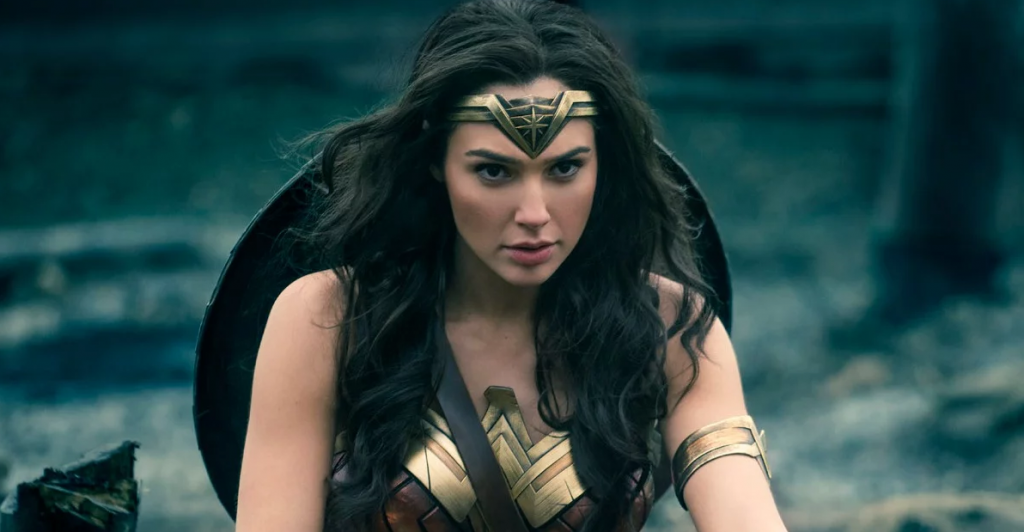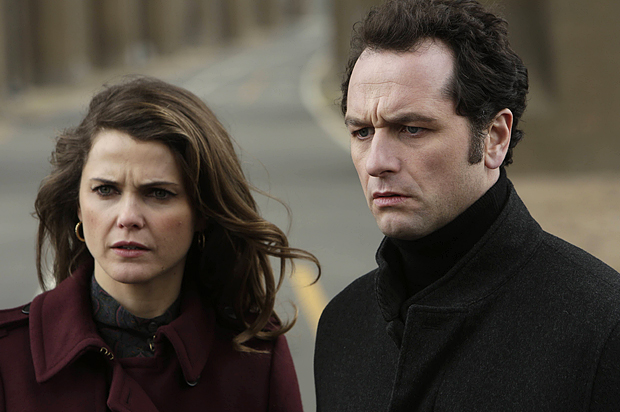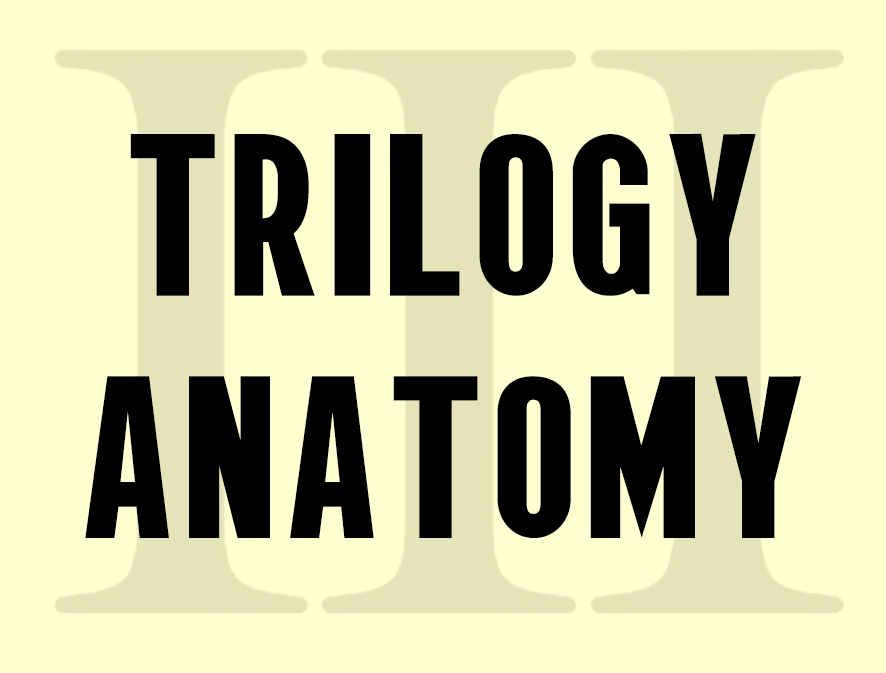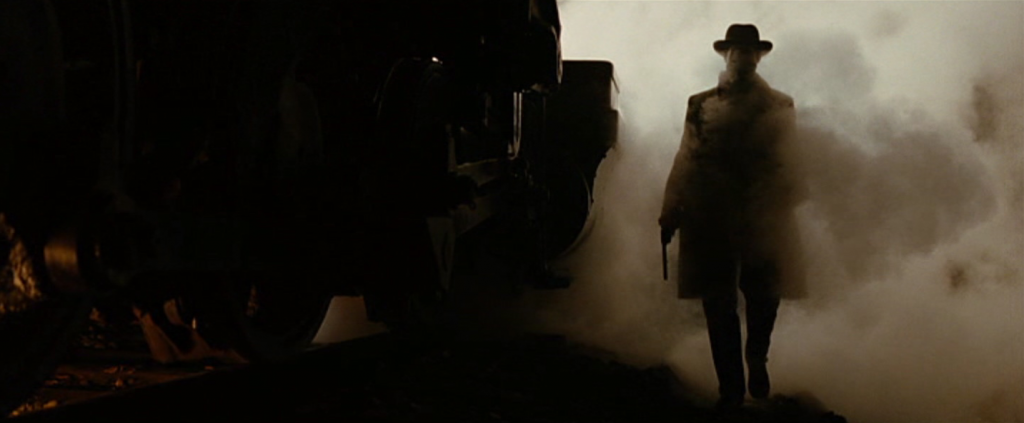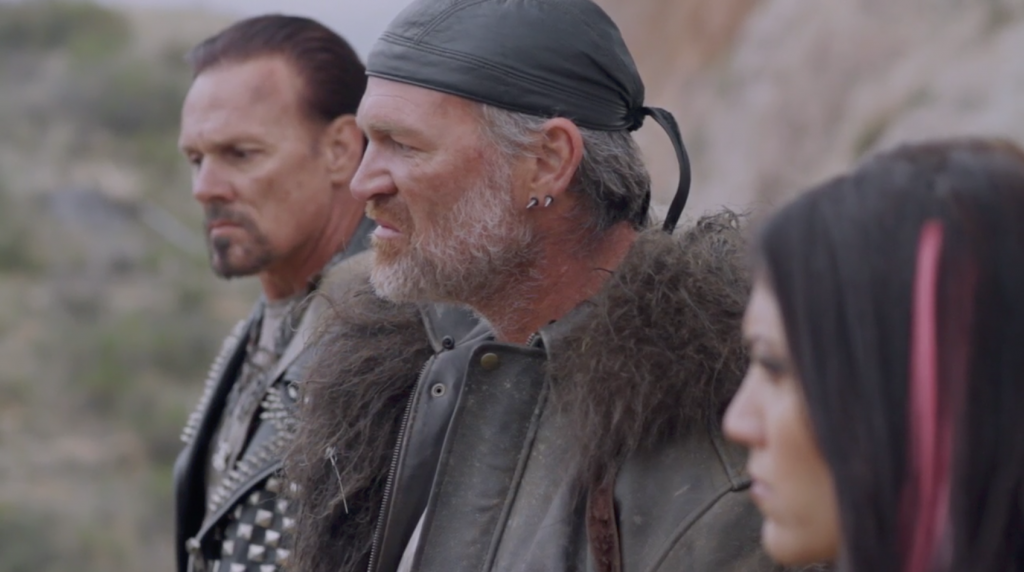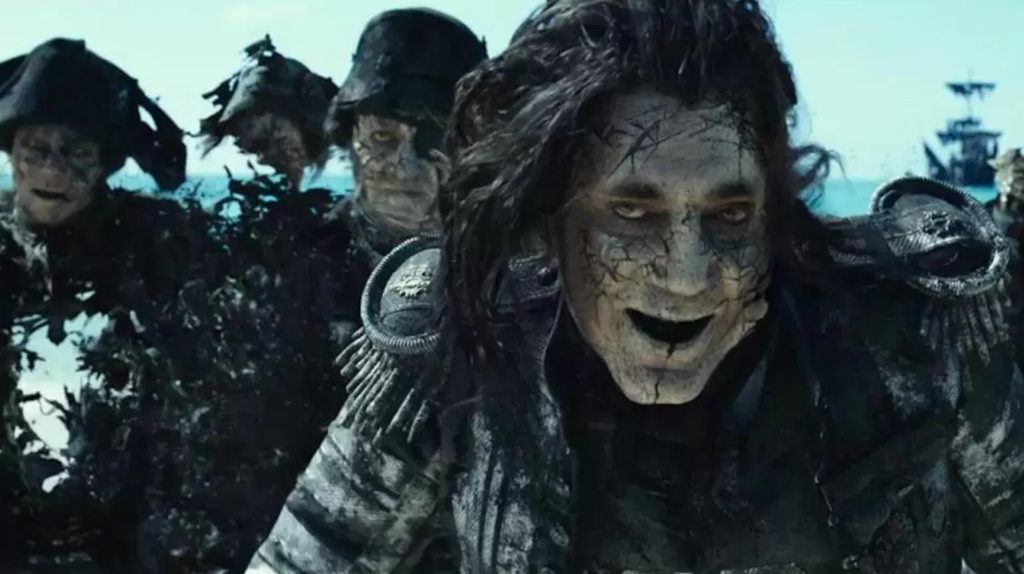
Upon being asked after the release of the Dark Knight if he had a third installment planned, Christopher Nolan replied with asking ironically how many good third movies there were. Of course, Nolan eventually did complete his trilogy, whether it being against his better judgment or not depending on who one talks to. Throughout movie history, the essential functions of the third film in a series have either been as a fitting and satisfactory end to a particular storyline (Lord of the Rings: Return of the King), a disappointing but nevertheless conclusive entry (Godfather III), or a debacle so big as to necessitate a reset to the franchise (Superman III/Spiderman 3, etc., etc.). In anticipation of another highly-anticipated third film, War for the Planet of the Apes, this weekly series will cover famous third films, infamous third films and otherwise, exploring how trilogy-enders or other types of third films have functioned in relation to its series.
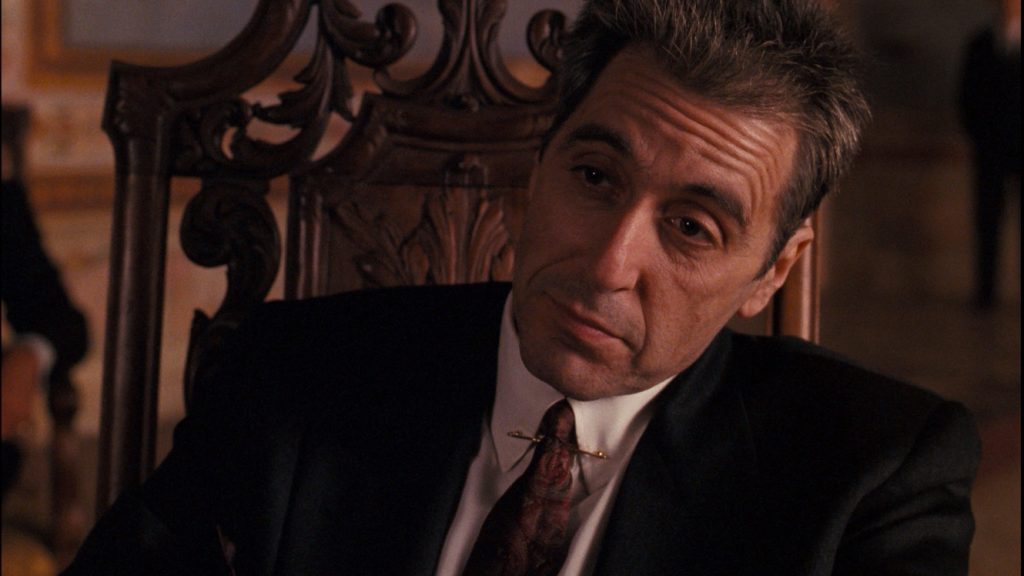
The recent Tribeca-sponsored Godfather reunion of Francis Ford Coppola and remaining cast immediately followed screenings of Part 1 and Part 2. There was no trilogy to speak of. It’s rather culturally understood at this point to disregard the 1990 sequel to one of the most acclaimed series in film history, and yet it’s still surreal to see how quick those who made it are to dismiss it too.
Admiration for the film today can be found in theory though not necessarily in practice. Both the shock and the horror of Godfather III is in its brazen disregard for what came before. Perhaps this is a function of its infamous preproduction (Robert Duvall backing out, the role of Mary Corleone going to Sofia Coppola last minute), or it could be that we were seeing the start of late-period Coppola without even realizing it. Whatever the reason, one must be daring enough to watch the film more as experiment than canon entry for it to have any power. Only then can Godfather III live or die on its own terms. It still mostly dies, but the better question is perhaps if any film within the context of its trilogy should be intending to work on its own terms.
[…]

